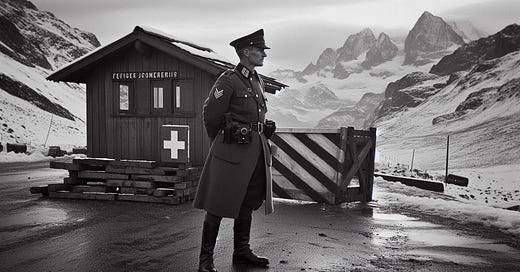The Hero Who Saved Thousands From the Holocaust
Defying his superiors, Paul Gruninger is an unknown war hero.
Keep reading with a 7-day free trial
Subscribe to Murder Mayhem UK to keep reading this post and get 7 days of free access to the full post archives.




